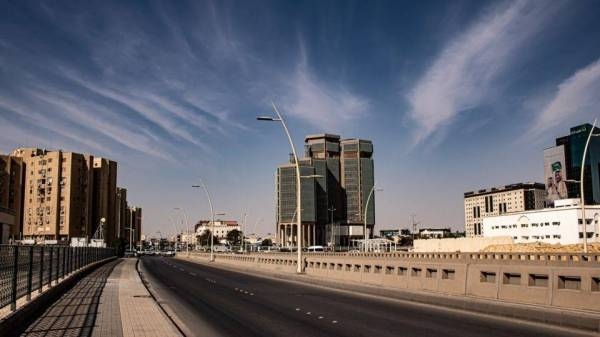
The head of the Libyan Government of National Accord, Fayez al-Sarraj, underlined the “absolute” necessity to unify the country’s military institution in order to secure the borders and face challenges.
In a statement on Sunday following a meeting with his delegation to Cairo to attend talks on Libyan army unification, Sarraj said that all parties must acknowledge the need to unify the military institution in order to make the political process a success.
This month, Cairo is scheduled to host a new round of meetings between officers representing various regions of Libya, to discuss the means to reach a final agreement on the reunification and restructuring of the army and determine its relationship with the executive authority.
The Egyptian capital has so far hosted six meetings over the past few months but no official agreement has been reached until now.
The Libyan National Army refuses to consider Sarraj as the supreme commander of the army, while it expressed its support for Field Marshal Khalifa Haftar to remain in his position as commander-in-chief of the national army in the country, if the Cairo negotiations reached final settlement.
Meanwhile, armed clashes were renewed between the warring parties in the city of Sabha in southern Libya, while 120 families flew the city, according to the mayor.
In a statement, Sabha Municipality said that the clashes, which have been taking place in the city since last Sunday, in addition to the deteriorating security situation, forced 120 families to leave the area, noting that the number of displaced civilians reached 700 people, in addition to 200 children.
According to the spokesman of Sabha Medical Center, armed clashes have resulted so far in the killing of six people and the injury of 12 others.
For his part, the spokesman for the National Army, Brigadier Ahmed al-Mesmari, said that ISIS was active in some desert areas in southern Libyan, and enjoyed support from an unknown source.
On the other hand, the media advisor to the head of the Libyan House of Representatives, Fathi al-Marimi, pointed to a major crisis due to the presence of foreign intelligence services in the southern region, without disclosing more details.












